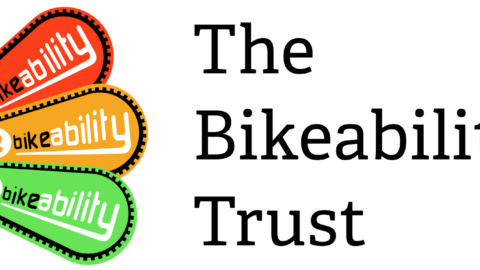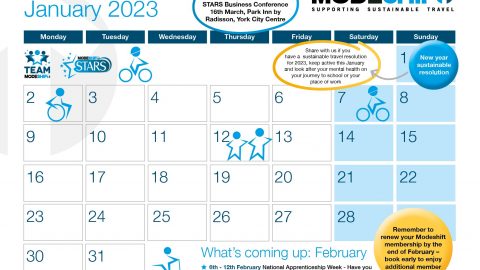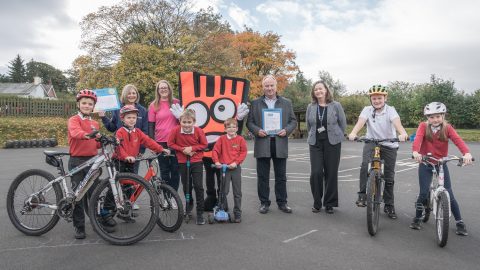Decarbonising the school run: Transport tech company wins government funding
HomeRun, the transport app, has won government funding to create a scalable digital solution that collects, models, and visualises high-resolution school-run data.
The Department for Transport grant will enable HomeRun to partner with Essex County Council, to create a system that uses machine-learning to identify schools, areas, and specific journeys that generate the most CO2 and congestion.
The school run is the biggest generator of peak-time car journeys in many UK regions, and with that comes high levels of C02. Reducing traffic caused by the school run is key to the UK’s transport decarbonisation plans which will help us hit net-zero by 2050, improve air quality, and inform Local Transport Plans (LTPs).
‘With the backdrop of constrained public finances it’s important that transport decarbonisation solutions are data-led and value for money,’ said Pooya Kamvari, CEO of HomeRun. ‘Local authorities need to use robust, quality data to inform and implement high impact solutions. We will enable them to do so.’
Essex County Council has 500 schools, split between urban and rural settings. ‘The school run is one of our biggest transport issues. This scheme will provide us with the dataset and evidence base that we need to support our existing and future projects,’ said Mark Ash, Executive Director for Climate, Environment and Customer at Essex County Council.
Schools in rural settings are more likely to have high car-usage, because of long distances and lack of active travel and public transport infrastructure. HomeRun’s existing data shows that these factors contribute to carbon emissions that are five-times greater for rural school journeys, compared to those in urban settings. However, by targeting them, there are more carbon-savings to be made. The project begins in June 2024 and will last for ten months.
The data HomeRun will provide can:
- Help Local Authorities to accurately analyse the comparative value-for-money of potential investments to increase active and sustainable travel.
- Enable Active Travel England (ATE) to obtain higher resolution school-run journey data to inform how they distribute public funds as recommend by the National Audit Office: Active Travel in England, 2023.
The project will produce:
- an accurate estimate of the carbon footprint of the entire school-run within the region, providing critical baseline data to support reductions.
- evidence-based transport and policy recommendations, that are impactful, targeted and accountable, prioritised by value-for-money against estimated benefits (CO2 and congestion-reduction).
- high-resolution travel data, importable into travel-scenario modelling tools such as ATE’s Propensity-to-Walk-and-Cycle-Tool.
These outputs can also be used by:
- LAs to inform their Local Transport Plans, including: reduce traffic congestion, which is projected to cost \>£21bn p.a. by 2030.
- save LAs and Combined Authorities expenditure on costly analytic consultancies (~£2.5bn p.a.).
- identify opportunities to find efficiencies across the £1.5bn spent annually by LAs on Home-to-School transport.
- provide the evidence base for well-defined, measurable, transport interventions, that can form the basis of CIL/S.106 commitments.
















